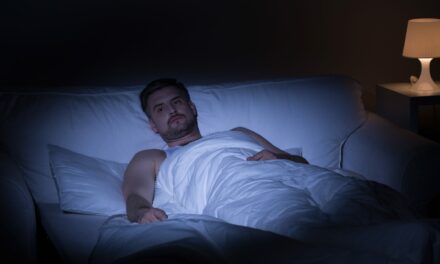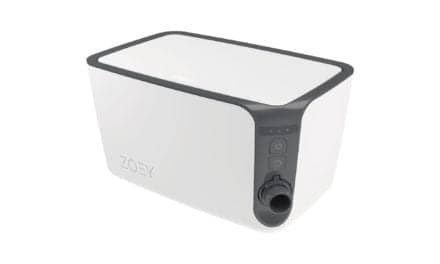Recent data shows daytime light exposure may be a promising means to combat sleep disturbances linked to evening use of electronic devices.
‘Our main finding was that following daytime bright light exposure, evening use of a self-luminous tablet for two hours did not affect sleep in young healthy students’, says Frida Rångtell, first author and PhD student at the Department of Neuroscience at Uppsala University.
‘Our results could suggest that light exposure during the day, e.g. by means of outdoor activities or light interventions in offices, may help combat sleep disturbances associated with evening blue light stimulation. Even if not examined in our study, it must however be kept in mind that utilizing electronic devices for the sake of checking your work e-mails or social network accounts before snoozing may lead to sleep disturbances as a result of emotional arousal’, says senior author Christian Benedict, associate professor at the Department of Neuroscience.










